
Globalization Resets
The Retrenchment in Cross-Border Capital Flows and Trade May Be Less Dire than it Seems
Read or listen offline
Recommendation
The benefits of global trade and investment have driven success stories in Asia, Latin America, Africa and other areas. Even in the United States, where Donald Trump made protectionism a major part of his political platform, trade has added more than $1 trillion annually to national income since World War II. This concise article from journalist Sebastian Mallaby makes an intriguing argument that the post-2008 retreat from the previous dizzying levels of capital flows and trade is a structural transformation of the world economy rather than a reversal of globalization. getAbstract recommends his novel perspective to anyone interested in understanding globalization’s many nuances.
Take-Aways
About the Author
Sebastian Mallaby is a senior fellow at the Council on Foreign Relations and the author of The Man Who Knew: The Life & Times of Alan Greenspan.









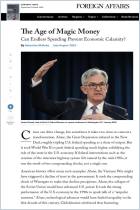



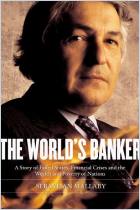
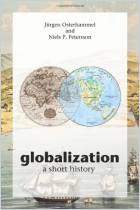
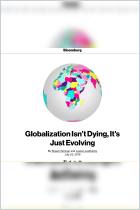
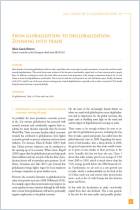
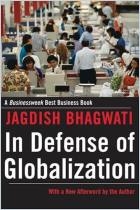
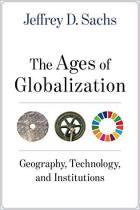
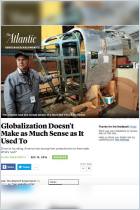


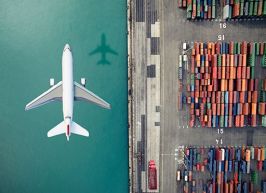
Comment on this summary or Diskussion beginnen